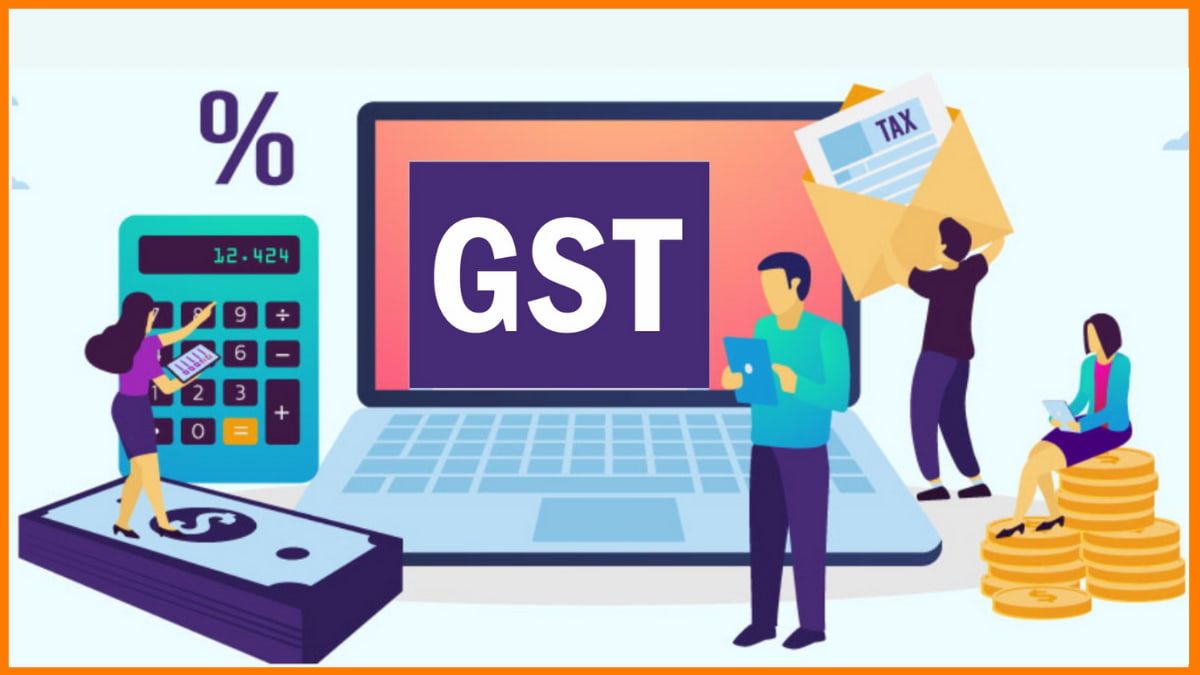Top Ranked Best GST Registration Services in Singapore for 2024
Top Ranked Best GST Registration Services in Singapore for 2024
Blog Article
From Beginning To End: The Ultimate Roadmap to GST Enrollment for Businesses Seeking Financial Security
Navigating the intricacies of Goods and Solutions Tax (GST) registration is an essential action for businesses striving for monetary stability. Breaking down the roadmap into manageable actions can simplify the enrollment journey for organizations looking to boost their economic standing.
Recognizing GST Essentials
Exploring the essential principles of Item and Provider Tax Obligation (GST) is important for getting a thorough understanding of its ramifications on services and the economy. GST is a value-added tax obligation imposed on the majority of items and solutions for domestic intake. It has changed several indirect tax obligations that existed in the pre-GST age, improving the tax structure and enhancing simplicity of doing company in India. Under the GST system, both solutions and products are strained at a details rate, which is identified based upon their category. Businesses are needed to register for GST if their yearly turn over exceeds the threshold limitation set by the government. Input Tax Credit Scores (ITC) is a significant function of GST, allowing organizations to claim credit history for tax obligations paid on inputs, lowering the total tax burden. Comprehending the essentials of GST is critical for companies to adhere to tax obligation policies, handle their finances effectively, and add to the country's financial development by taking part in a transparent tax obligation system.
Qualification Criteria for Enrollment
To register for GST, companies have to fulfill certain qualification standards developed by the federal government. The primary eligibility demand is that any organization associated with the supply of products or solutions with a yearly accumulation turn over over the threshold restriction set by the authorities must register for GST. Since the present regulations, the threshold limitation for GST registration is a yearly accumulation turnover of 40 lakhs for organizations operating within a state, except for special classification states where the restriction is 20 lakhs. Additionally, specific services are required to register for GST regardless of their turnover, such as interstate providers, informal taxable individuals, and services reliant pay tax under the reverse fee system. It is vital for businesses to completely examine their turnover and deal types to identify their GST registration responsibilities accurately. Failing to register for GST when eligible can result in charges and lawful repercussions, making it important for services to abide by the defined eligibility standards.
Papers Needed for Registration
Having fulfilled the qualification standards for GST enrollment, organizations have to now ensure they have the requisite files in location to continue with the enrollment process effectively. The files required for GST enrollment typically consist of proof of business constitution, such as collaboration action, enrollment certification, or unification certificate for different kinds of services. In addition, organizations need to give files developing the principal location of service, such as a rental contract or electrical energy bill.
Step-by-Step Enrollment Refine
Beginning the GST registration procedure involves a collection of structured steps to make sure a certified and smooth registration for services. The initial step is to visit the GST site and fill up out the registration form with accurate details of business entity. Following this, the applicant obtains a Temporary Recommendation Number (TRN) which is made use of to return to the application procedure if it's not finished in one go.
Following, all required papers based on the list given by the GST portal demand to be uploaded. These files commonly consist of evidence of company enrollment, address and identity evidence of marketers, financial declarations, and company entity's frying pan card.

Post-Registration Conformity Guidelines

Verdict
Finally, services seeking financial security must understand the basics of GST, meet eligibility requirements, gather needed files, follow the detailed enrollment process, and comply with post-registration standards - Best GST registration services in Singapore. By adhering to these actions, businesses can make certain compliance with tax regulations and preserve economic security over time
Additionally, particular organizations are called for to sign up for GST regardless of their turnover, such as interstate providers, casual taxable individuals, and companies responsible to pay tax obligation under the reverse you can try these out charge mechanism.Having met the eligibility requirements for GST enrollment, companies need to now ensure they have the requisite files in location to continue with the registration procedure efficiently. The records required for GST enrollment commonly include proof of company constitution, such as partnership action, enrollment certificate, or incorporation certificate for various kinds of organizations. In addition, businesses require to provide records developing the major area of company, such as a rental contract or electrical energy costs.Starting the GST registration procedure entails a collection of structured steps to make certain a smooth and certified enrollment for organizations.
Report this page